“ And you, are you vegan? ” Admit it: it’s a bit of an annoying question at the moment... And beyond setting the mood for family dinners, this question also concerns your beauty routine.
If you are vegan, we bet you have difficulty finding cosmetics that match your principles.
If you're not, we bet the brands don't really help you understand the issues behind the term - other than making you feel vaguely guilty or annoyed by hearing about it.
In short: whatever your camp, we have put together a little article for you to understand what veganism means in cosmetics , and to avoid getting confused between vegan, cruelty free, natural, etc. No more doubts, room for transparency!
Vegan in cosmetics, what does that mean?
A vegan cosmetic is a product that does not use any ingredients of animal origin and is not tested on animals . We see you from here: “what, my day cream contains animal materials?” Indeed ! You might think that our cosmetics contain exclusively plant or mineral ingredients... Nope! Especially since the confusion can go much further: a so-called natural product is not automatically vegan (yes, yes). And by digging deeper, we can discover many other surprises, particularly in perfumery.
Vegan perfume: bullshit or not?
Several centuries ago, perfumes were made from plant and animal ingredients. Moreover, animal notes such as civet, castoreum, ambergris and musk were considered essential to seduction. The problem is that they came from glands of animals (buck, civet, and even sperm whale) hunted or raised for the use of perfumery.
Over the years, the fashion for animal perfumes has waned and their use has become increasingly rare - to find out more about the history of perfumery (particularly French), we invite you to discover this article .
Today, most animal notes are recreated by synthesis because they are too rare, too expensive or prohibited to preserve animals. This is the case for musks, banned since the 1970s, or even ambergris and civet, too rare, expensive and unethical for the major players in the perfume industry. However, some niche brands like to use it sparingly to spice up their scent and countries like the Middle East still use it.

Other animal raw materials are still very common in perfumery: this is the case of ambrettolide and beeswax. Ambrettolide is a synthetic musk that is controversial because it is obtained from a gum generated by cochineals. Technically, it is therefore a product of animal origin... but everyone can form their own opinion on the matter.
Clearly, today’s perfumery is 90% vegan . Today you have little chance of coming across a perfume that is not, but do not hesitate to ask if you have any doubts or if the brand does not clearly claim it. If you absolutely want to avoid any animal raw materials, go for brands that clearly state that they are vegan - like Bastille , where we specify this point in each of our product sheets .
Vegan = cruelty free?
A cruelty-free product is a product not tested on animals . Do not confuse the two notions: a vegan product is necessarily not tested on animals, but the opposite is not true. In Europe, since 2009, we have been fortunate to have a law which prohibits the sale of any product or ingredient tested on animals . To be clear: if tomorrow you buy a cream at the pharmacy on the corner of your street, you can be sure that none of the ingredients in this cream, nor the cream itself, have been tested on animals (the mention "cruelty-free" which we sometimes see on packaging is therefore essentially a reassurance factor). On the other hand, if you buy a cream during your next vacation in the Philippines, you will have no guarantee on this point!
Non-vegan ingredients to avoid
Here is a small list of ingredients to avoid if you are sensitive to animal causes:
- Carmine [INCI: Carmine or CI75470], a red dye often present in lipstick and blush, obtained from crushed cochineal insects.
- Chitosan [INCI: chitosan], a thickening agent from the shell of crustaceans
- Lanolin [INCI: lanolin] comes from the wool of sheep.
- Allantoin [INCI: Allantoin] comes from snail slime.
- Honey , beeswax or propolis [INCI: cera alba, propolis, royal Jelly, beeswax]
- Beware of fake friends! The Castor Oil ingredient is none other than castor oil, good for skin and hair, and absolutely does not come from beaver :)

Also be wary of keratin, squalane, collagen and glycerin which can sometimes be of animal origin - mainly because this reduces their cost. Unfortunately, we don't have any tips for differentiating the origins... We therefore advise you to ask the brand directly if they come from animals , and to rely on the product labels. Moreover, if you get into the game of reading the labels of your cosmetics, you will find our advice on the issue in this article, right here.
So, now that you know everything... are you vegan, or not ? 🙂








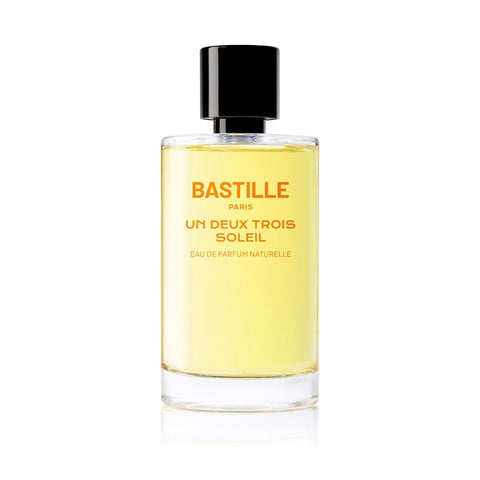
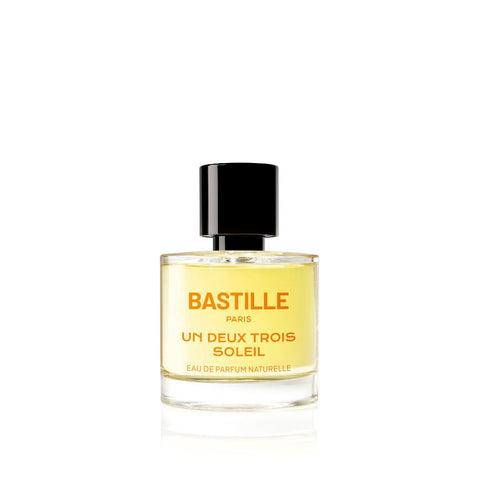
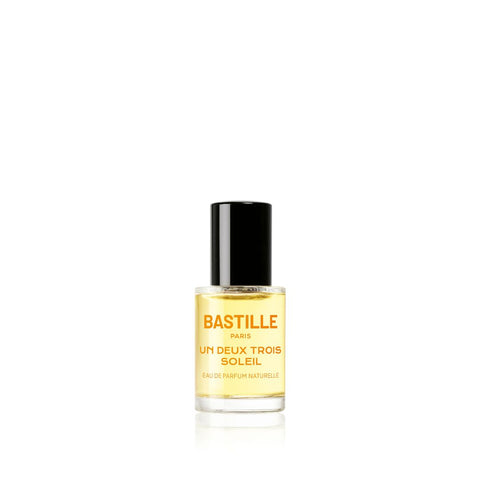
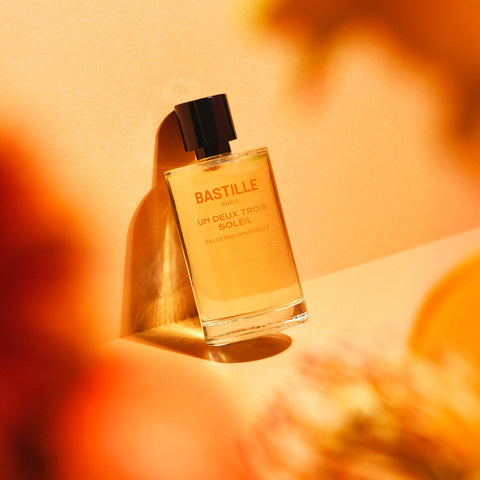
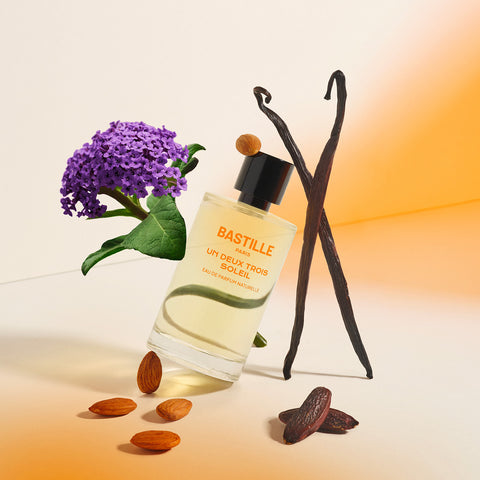
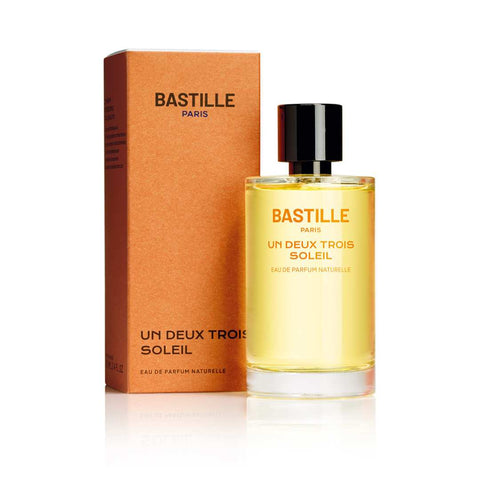
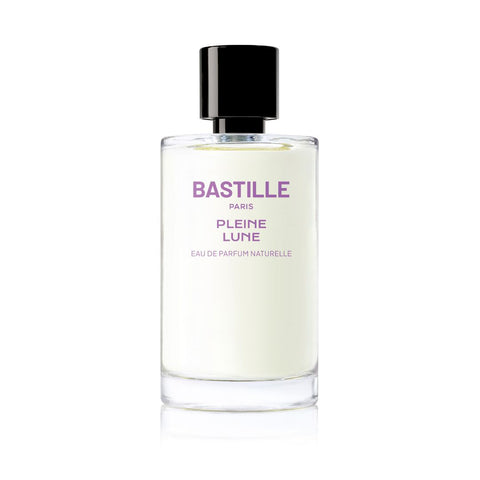
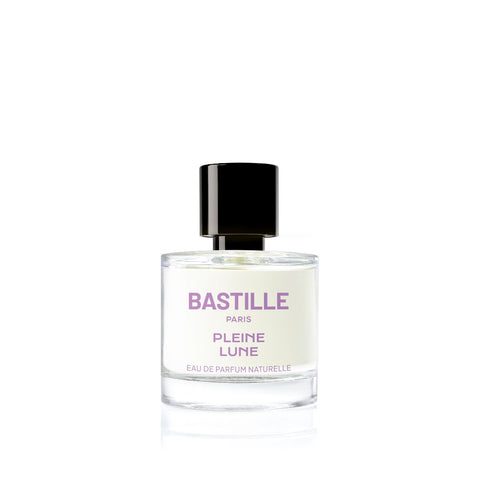
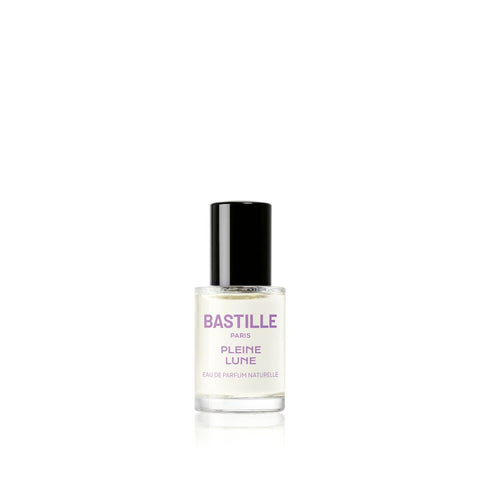
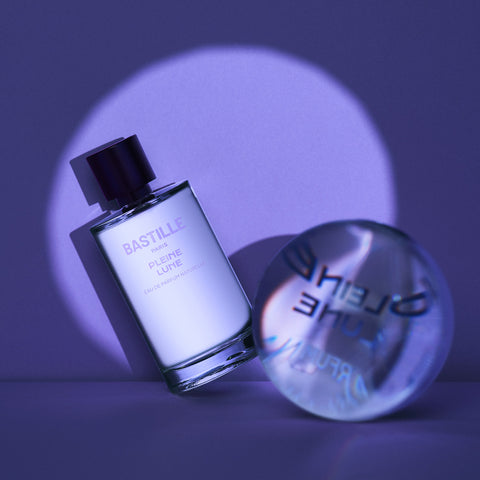
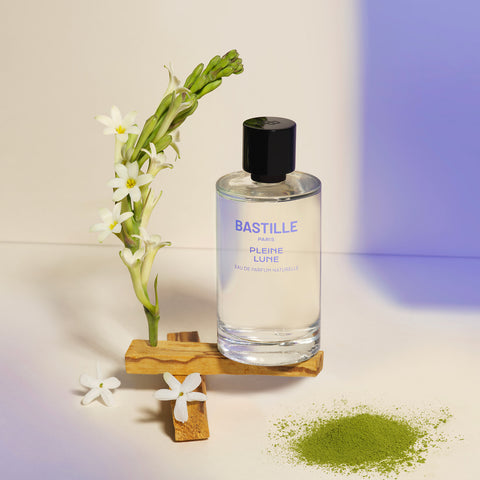
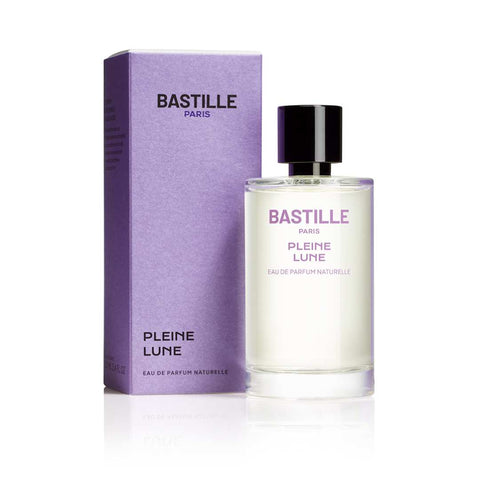
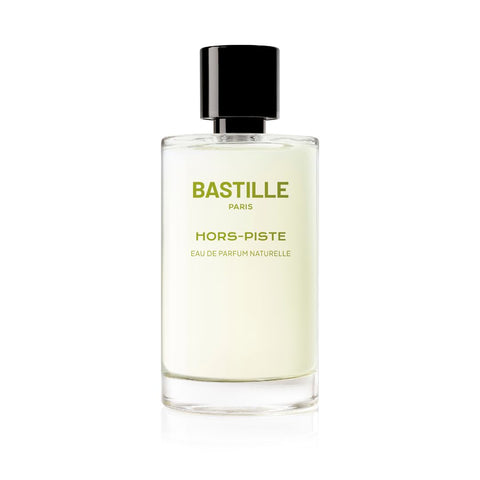
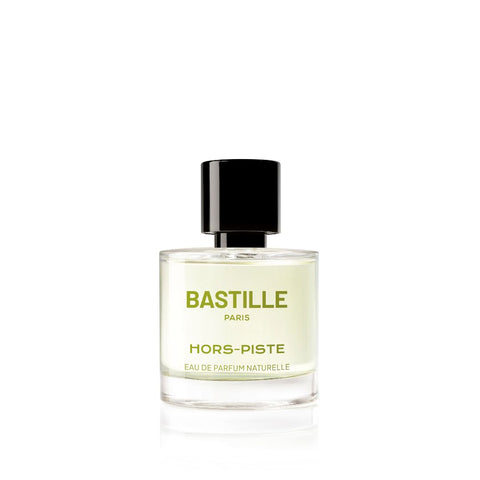
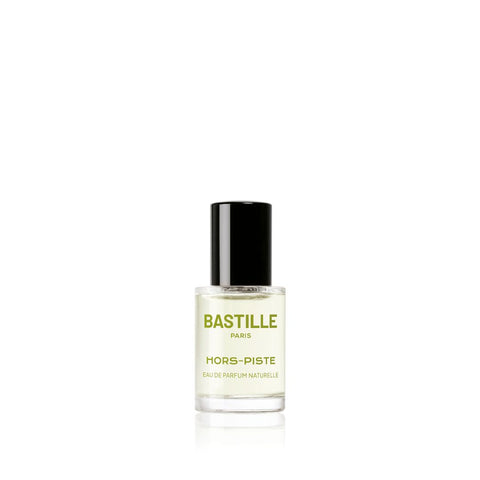
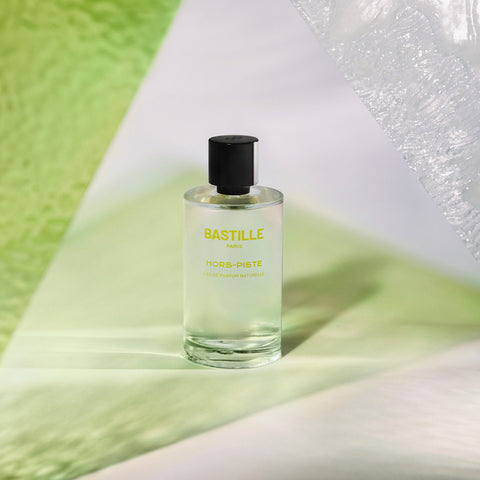
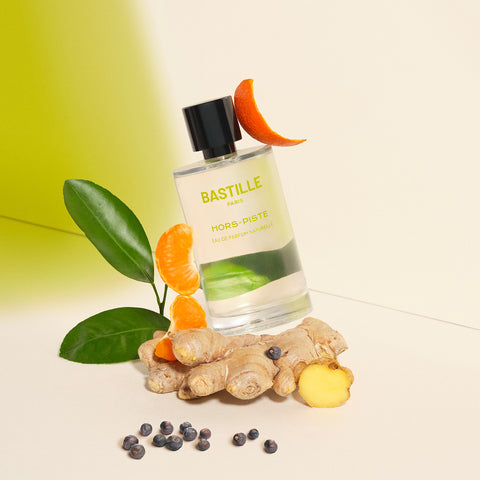
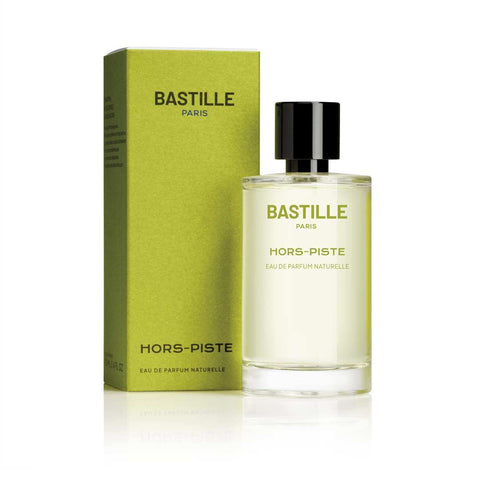

Comments (1)
Excellent article,
It is a great well of information. I learnt so much more than I expected.
Thank you.
A.